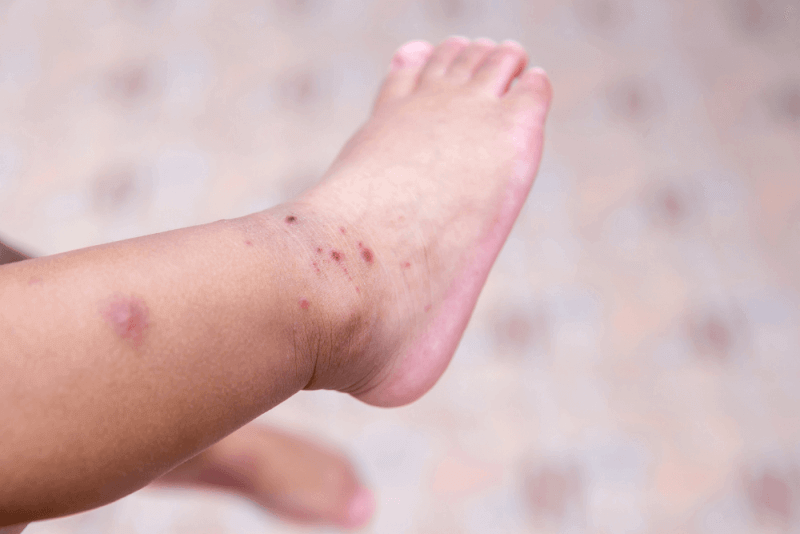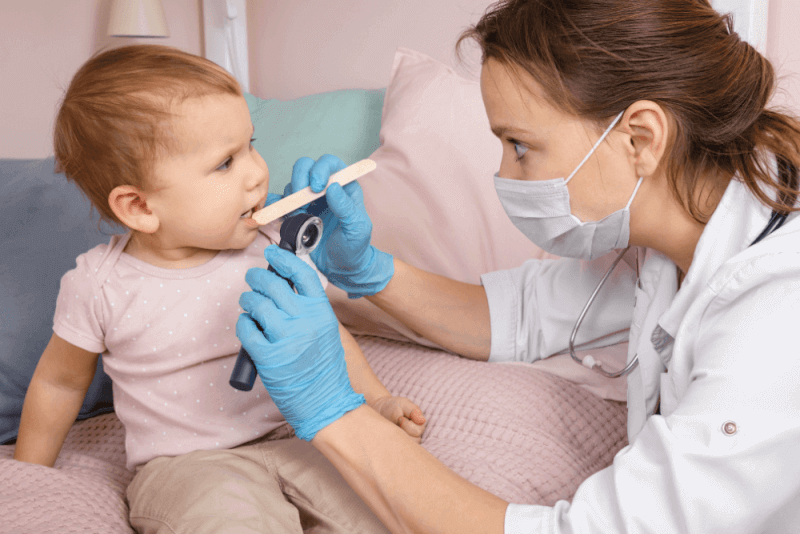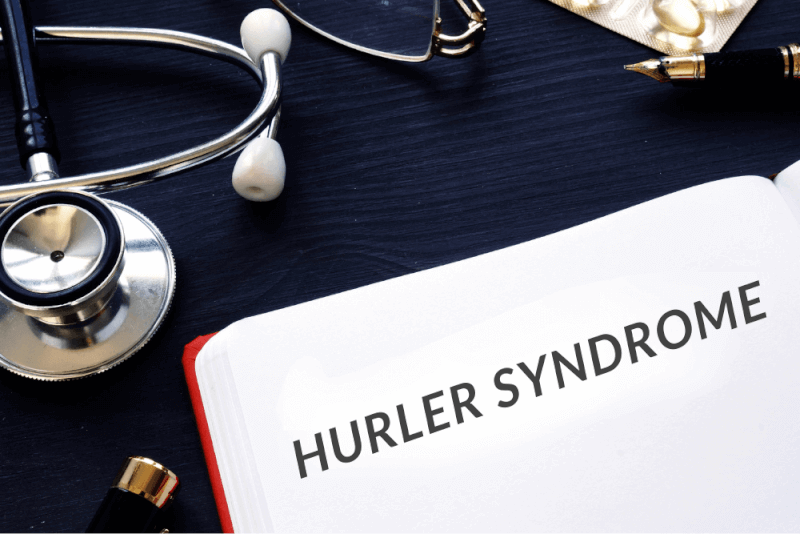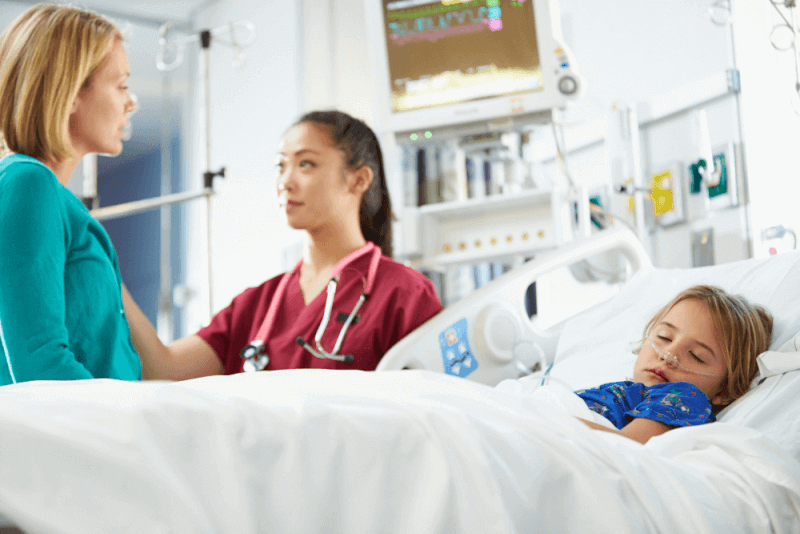30 Second Summary
- Rotavirus is a common and contagious virus that causes diarrhea, especially in children.
- Diagnosis is based on a stool test and symptoms; there is no specific drug treatment, but managing the symptoms is essential.
- The rotavirus vaccine is an effective means of preventing infection, but it does not provide 100% protection.
- Prevention includes vaccination, hygiene and avoiding contaminated areas.
What is the rotavirus?
Rotavirus is a highly contagious type of virus. It is characterized by diarrhea due to an infection that affects the intestines. Rotavirus, a type of virus that can be seen all over the world, is the most common cause of diarrhea, especially in infants and children. It is a virus that can infect almost all children up to the age of 5.
Although it is a highly contagious virus, a significant proportion of cases are cured with outpatient treatment. However, in some cases it is a virus that causes death. Therefore, it should be treated as soon as possible. The most important factor in deaths is the lack of access to health services and hydration treatment. For this reason, approximately 90% of all deaths occur in low-income countries.
The rotavirus, which especially affects children under the age of 2, is common in spring and winter. The incubation period of the disease is 2 days and the recovery period is 1 week. The disease does not cause antibody production and therefore does not eliminate the risk of recurrence.
The rotavirus is transmitted through vomit and feces. In addition, contact with sick children is also sufficient to transmit the disease. For this reason, the disease is particularly prevalent in nurseries and schools.
Rotavirus diagnostic methods
A stool test is sufficient to diagnose the rotavirus. Microbiological examination can distinguish rotavirus from other pathogens. In addition, the symptoms seen in patients are among the criteria used for diagnosis.
How is the rotavirus transmitted?
The probability of transmission of the rotavirus is ten times higher. The possibility of transmission even during the incubation period leads to higher contagiousness because it coincides with the period when symptoms are not observed.
The first route of transmission of the rotavirus is through feces. Failure to wash hands properly, especially after diaper changes, butt cleansing and bathing sick babies and children, is the most common cause of rotavirus transmission. In addition, consumption of food and water contaminated with feces can also transmit the virus. Finally, the body fluids of infected people are also one of the factors that cause the transmission of the disease.
Rotavirus symptoms
It takes between 2 and 4 days for symptoms to appear after infection with rotavirus. The characteristic symptoms of rotavirus, which causes different symptoms, include vomiting and diarrhea. In addition, the symptoms caused by rotavirus include the following:
- Irritable mood
- Abdominal pain
- Fatigue
- Fire
- Restlessness
- Lethargy
- Unusual sleep
- Black poop color
If the rotavirus is not treated in the early period, fluid loss occurs in patients. Loss of fluid causes an imbalance of electrolytes in the blood and dehydration. Symptoms caused by this situation include the following:
- Dry mouth
- Insomnia
- Restlessness
- Less urination
- Few tears when babies and children cry
- Mind fog
- Dizziness
Symptoms are severe in infants and children and mild in adults.
Rotavirus treatment methods
There are no medicines that can cure the rotavirus. It is unnecessary to give antibiotics to rotavirus patients. In addition, antidiarrheal medicines should not be used as they will prolong diarrhea.
The priority in the treatment of rotavirus is to stop vomiting and replace lost fluids. Medicines are also used to reduce high fever. If fluid loss is low and the baby has started supplementary food, then sugary and salty liquids should be given orally.
In addition, patients should also pay attention to their nutrition. In their diet, foods such as soups with yogurt and rice, bananas and potatoes should be given to help stop diarrhea and prevent fluid loss. During the illness, cow's milk should be reduced and fatty foods should be avoided. Intense fruit juices should also be avoided.
Babies who have not started supplementary feeding should be breastfed frequently or use diarrhea formula. Babies and children with severe vomiting require hospitalization to prevent dehydration. They also need to be fed frequently during this time.
In cases of severe fluid loss, kidney failure may develop. This can endanger the lives of patients. For this reason, babies and children with fever, diarrhea and vomiting should consult a doctor as soon as possible.
Rotavirus vaccine
There is a rotavirus vaccine to prevent the rotavirus. However, this vaccine is not 100% protective. The rotavirus vaccine is an oral vaccine. This vaccine is usually administered to babies younger than 6 months of age and has seen a significant drop in cases requiring hospitalization. In addition, the rotavirus vaccine reduces the incidence of rotavirus in children older than 5 years.
Rota vaccine 2. is implemented from the month of birth. After 2 or 3 doses of rot vaccine, it can be administered together with other vaccines. If vomiting occurs after vaccination, the vaccine does not need to be renewed.
Side effects of the rotavirus vaccine
In some babies, the intestine folds in on itself after the rotavirus vaccine and intestinal obstruction may occur. In both cases, urgent medical attention is required. If babies had these complications before vaccination, they may also experience side effects after vaccination.
Among the side effects that can be seen in babies after vaccination are also the following:
- Vomiting
- Diarrhea
- Abnormal bowel movements
In case of these symptoms, you should consult a doctor as soon as possible.
How to protect yourself from the rotavirus?
In order to protect against the rotavirus, vaccination is extremely important. In addition, sick children should not be in the same environment as healthy children to avoid transmission. In addition, hands should be washed immediately after changing babies' diapers and toys in day-care centers should be disinfected frequently.







